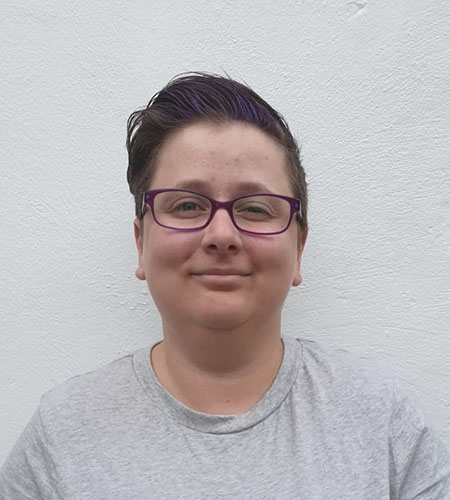 Written by Rai Furniss-Greasley, Equality and Diversity Champion
Written by Rai Furniss-Greasley, Equality and Diversity Champion
On Wednesday 14 July, we celebrated International Non-Binary People’s Day. But what does it mean to be non-binary? And how can we support non-binary people?
What does non-binary mean?
The term non-binary has been defined by academics as “an umbrella term for anyone who doesn’t currently identify with the binary notion of being exclusively male or female” (Twist et al, 2020).
This includes those who think of gender as a spectrum. A person’s gender can move around on the spectrum, or be fixed. Non-binary also includes those who feel gender is more complex than a sliding scale, or who find themselves outside of such a scale.
Common terms used to describe non-binary people include:
- genderqueer
- genderfluid
- agender
- bigender
- trans masculine or trans feminine.
- enby – a shortening of non-binary, based on the phonetic sound of its initial letters, NB (plural: enbies)
Is this the same as being trans?
No. Some trans (transgender) people may be non-binary; and some non-binary people may be trans. It’s down to the individual whether they identify with either, neither or both of these umbrella terms.
What’s in a pronoun?
Some non-binary people feel uncomfortable using binary gendered pronouns (she/her or he/him). Almost 80% of non-binary people answering the 2019 Gender Census use singular they pronouns; around 10% prefer to avoid pronouns altogether.
The other alternative is using neopronouns; however, many non-binary people find it emotionally draining, asking others to use these terms. If someone states that their pronouns are not what you assumed they were, be respectful and use what they’ve told you to.
You can be an ally to non-binary people – even something relatively small, such as introducing yourself with your name and pronoun, or putting your pronouns in your email signature or social media profile. For more info on how to be a good ally to non-binary people, check out this Stonewall article.
For support
- Get in touch with the Rainbow Network – a staff network for all members of the LGBTQ+ community at the University.
- Within IT Services – contact Rai Furniss-Greasley or Stella Poole in confidence about matters of equality, diversity and inclusion.
More info
We suggest reading ‘Beyond the Gender Binary’ by Alok Vaid-Menon. It’s a 64-page pocket guide to explaining non-binary things to anyone who hasn’t come across it before, or wants to learn more.
